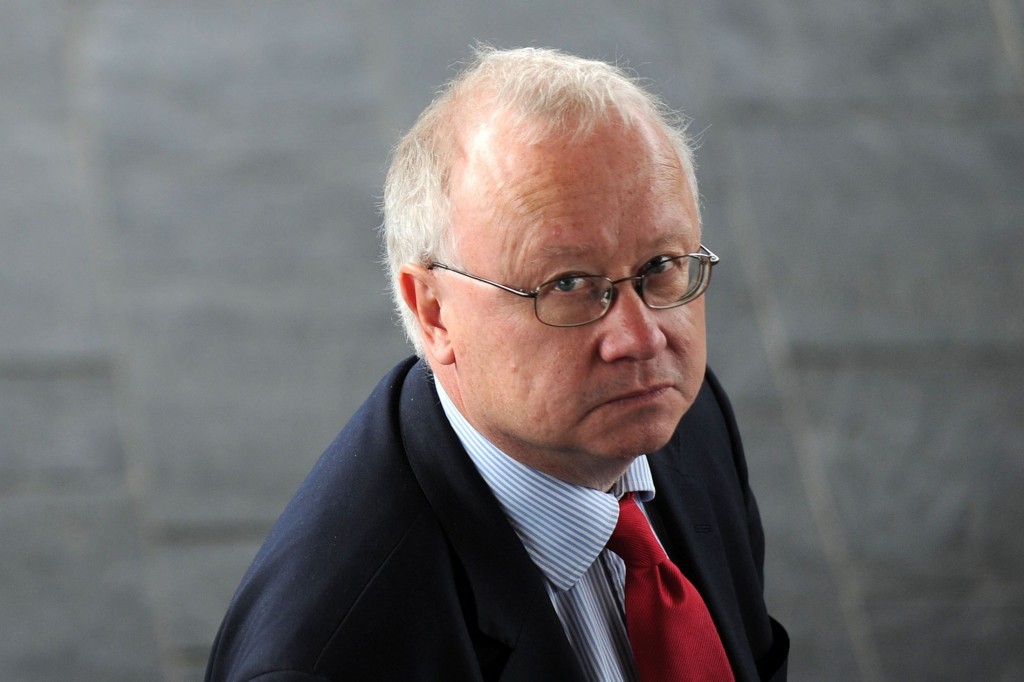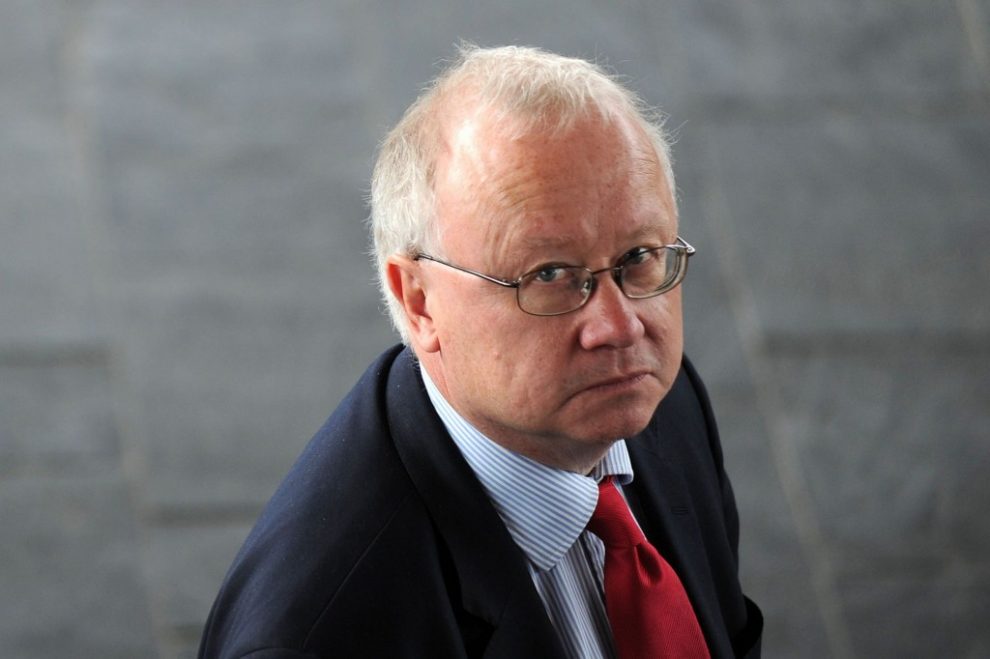
WHILE the Welsh Government has today (Tuesday, Nov 24) published its plans for local government reorganisation in a draft bill, the battleground between Cardiff Bay and local councils remains the same.
While the report underpinning the draft bill, the proposals in which will be the subject of public consultation, provides two options involving the three West Wales Councils of Carmarthenshire, Ceredigion, and Pembrokeshire, the Welsh Government has already indicated that its preferred option will see all three Councils merge their operations to create Dyfed Mark II.
None of the West Wales Councils want that: with Ceredigion – in particular – baulking at the prospect of losing its unitary authority status; Carmarthenshire’s leader Emlyn Dole has waxed lyrically and at length regarding the importance of retaining Carmarthenshire’s status as a unitary authority; Jamie Adams of Pembrokeshire has stressed that protection of the Pembrokeshire brand is his primary concern.
The Welsh Local Government Association said: “The Draft Bill does not adequately address the issue of Council Tax harmonisation and whatever the outcome of the Assembly election, reorganisation will not happen until 2020 at the earliest. Any predicted savings may therefore be almost a decade away and will not remedy the enormous financial challenges we face over the next five years.”
The WLGA response also points out that with the Chancellor’s Autumn Statement on public finances due to be produced after the Draft Bill’s publication, it remains to be seen precisely how much is yet to be squeezed out of Councils’ existing budgets before the costs of merger can be met.
The Welsh Government wrung support out of Plaid Cymru in October, only days after Simon Thomas AM – a front bench spokesperson for the party – described the Welsh Government’s plans as “taking the p*ss”.
















Add Comment